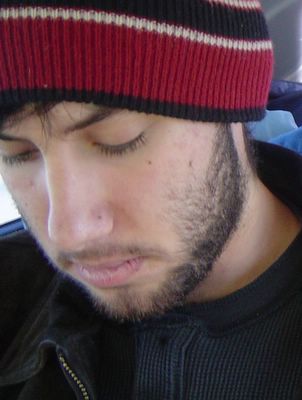A New Beginning
Marianne and I just attended the wedding of a great friend who was in one of my LLF training groups. He has been the pastor of a vibrant church, Liberty Christian Center here in Chicago for a number of years. Three years ago, his then wife died suddenly at age 29 or so. It was devastating!
They had just had a miscarriage, and out of nowhere, a week later she went into a coma and never came out. They had a 2 year old boy at the time, and as you can imagine, it has been a hellish journey for Larry and the entire family.
Today, Larry married a beautiful woman named Yisena, and they both seem extremely happy and grateful to God for his restorative work of grace. Ysenia said some touching words to Larry's 5 year old son Caleb, to the effect that while she can never replace his mom, she wants to be there for him. (Lot's of Kleenex were being passed out)
One of the most touching and powerful moments is when Larry's former Father-inLaw, who is a pastor, came and gave the new couple his blessing...can you imagine the mixed feeling? The entire ceremony was very emotional.
I am so glad I had the chance to experience this union, as it was a vivid reminder of how God can make all things new, and how He can take tragedy and turn it into blessing. It is a lesson all mestizos come to learn and appreciate.





